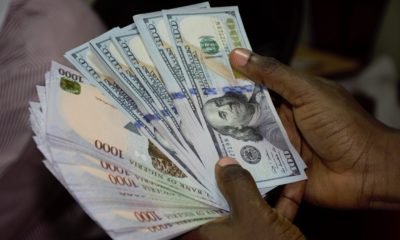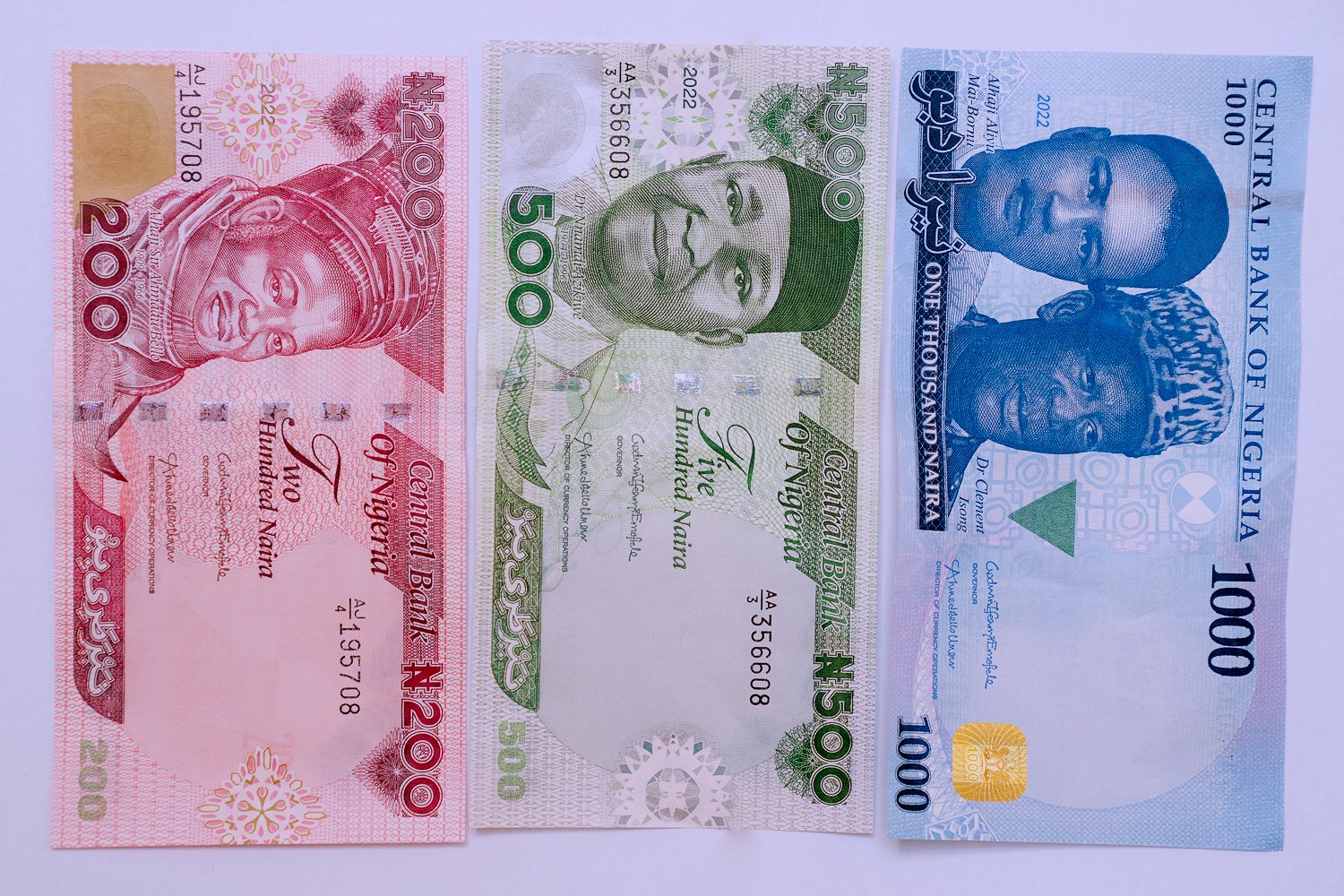Forex
Naira Remains Under Pressure, Slides to N580 Against British Pound

Naira
Naira’s Upsurge Strains Nigeria’s Foreign-Exchange Reserves
Naira
Dollar to Naira Black Market Today, April 17th, 2024
As of April 17th, 2024, the exchange rate for the US dollar to the Nigerian Naira stands at 1 USD to 1,50 NGN in the black market, also referred to as the parallel market or Aboki fx.
Naira
Naira Appreciates to N1,136/$ Officially, N1,050/$ Parallel Market
-



 Forex2 weeks ago
Forex2 weeks agoZiG to the Rescue: Zimbabwe Shifts Gear with New Currency Backed by Gold
-







 Naira1 week ago
Naira1 week agoDollar to Naira Black Market Today, April 9th, 2024
-

 Naira4 weeks ago
Naira4 weeks agoDollar to Naira Exchange Rate at Black Market Today, March 21st, 2024
-

 Company News4 weeks ago
Company News4 weeks agoNNPC Gears Up for Public Listing, Embraces Full Commercialization
-









 Naira1 week ago
Naira1 week agoDollar to Naira Black Market Today, April 8th, 2024
-







 Naira3 weeks ago
Naira3 weeks agoDollar to Naira Black Market Today, March 26th, 2024
-

 Billionaire Watch1 week ago
Billionaire Watch1 week agoNigerian Billionaire Tony Elumelu Contemplates Acquiring NPFL Club
-









 Naira7 days ago
Naira7 days agoNaira Hits Eight-Month High at 1,120/$ Amidst Central Bank Reforms














